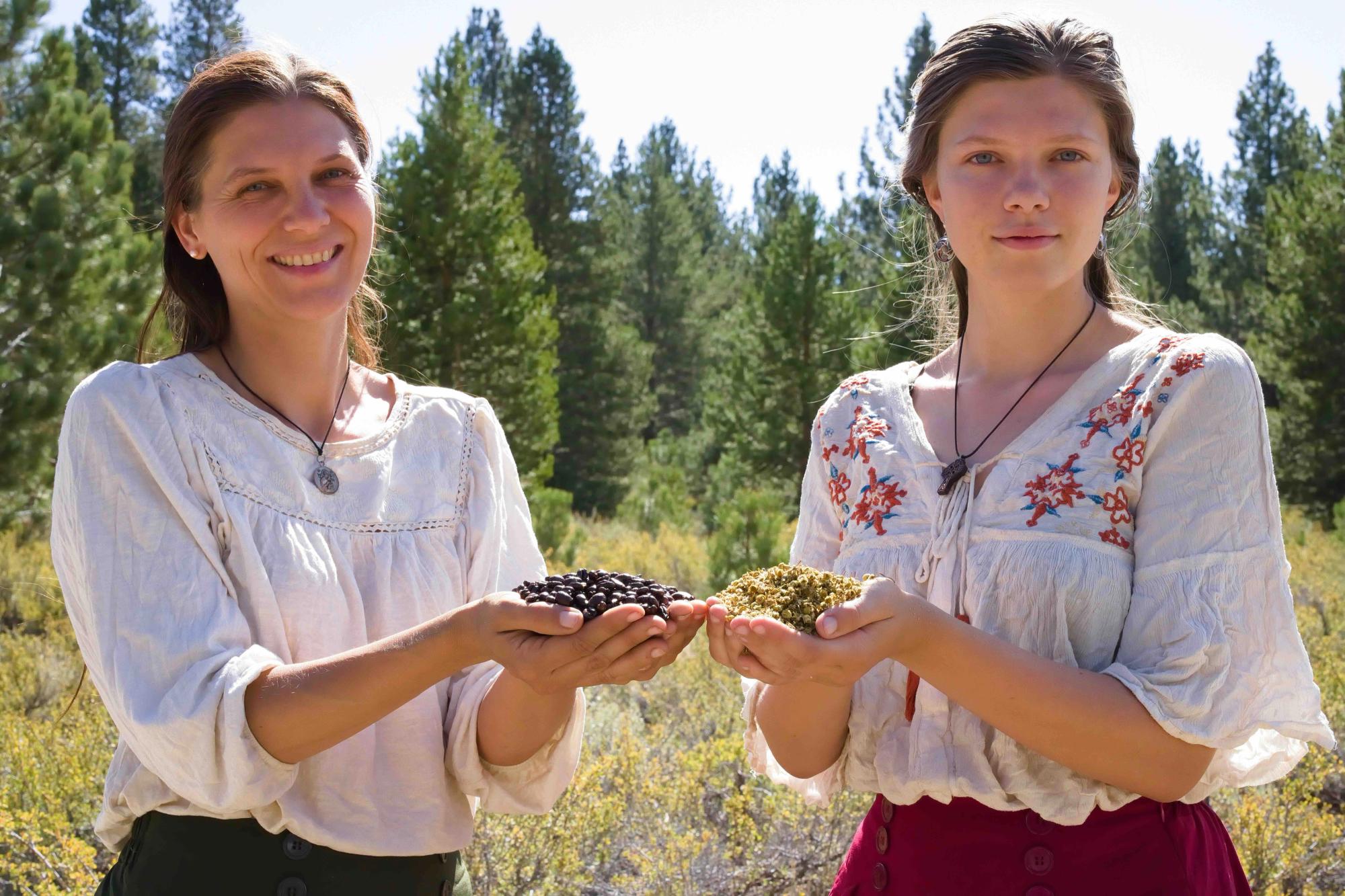Does Herbalism Work? The Plant Medicine Already in Your Daily Life
You're already practicing herbalism every day without realizing it. From your morning coffee to evening chamomile tea, these daily habits prove plant medicine works.

Plant medicine isn't some distant, abstract concept reserved for herbalists or traditional practitioners. The truth is, you're already practicing herbalism every single day without even realizing it.
From the moment you wake up to your evening routine, you're surrounded by botanical allies that have been refined through thousands of years of traditional knowledge. These everyday practices prove that natural approaches don't just work, they're so effective they've become seamlessly woven into modern culture.
Plant Medicine in Your Life
Coffee as Your Morning Nervine Stimulant
That morning cup of coffee you can't live without? You're drinking a potent herbal preparation. Coffea arabica is classified as a nervine stimulant with caffeine as its main active compound, which blocks adenosine receptors that accumulate sleep pressure throughout the day.¹ Coffee has been used as medicine for centuries, proving how effective botanical preparations support daily energy needs.
Salad as Your Digestive Bitter
Ever wonder why salads are traditionally served before meals? Those bitter greens like arugula, dandelion, and endive work as digestive bitters. When you taste bitterness, you strengthen your digestive response and enhance secretion of natural digestive juices.² Your ancestors served bitter salad to prepare your digestive system for the meal ahead.
Culinary Spices as Digestive Allies
The spices and herbs in your kitchen represent a sophisticated pharmacy of digestive support. Ginger aids with nausea, fennel helps with gas and bloating, while black pepper increases nutrient bioavailability. Parsley supports kidney function and acts as a natural diuretic. Thyme provides antimicrobial properties and respiratory support. Rosemary enhances circulation and memory function. Onions and garlic offer cardiovascular benefits and natural antibiotic properties.
These aren't just flavor enhancers. They're medicinal plants working to support your digestive and overall health with every meal. Traditional knowledge systems recognized that food and medicine weren't separate categories.
Evening Chamomile as Nervine Relaxant
When you reach for chamomile tea to wind down, you're using a nervine relaxant. Chamomile supports your nervous system's natural transition from daily stimulation to restful calm. Unlike synthetic sleep aids, chamomile works with your body's existing systems rather than overriding them.
Traditional Knowledge Embedded in Culture
These daily practices didn't develop by accident. Our ancestors observed which plants supported different aspects of health and refined these applications over thousands of years. What we consider "normal" eating habits are actually accumulated botanical knowledge passed down through generations.
Thousands of Years of Proven Effectiveness
Plant medicine effectiveness isn't theoretical. Many conventional pharmaceuticals like aspirin (from willow bark), digitalis (from foxglove), and cancer treatments trace their origins to traditional herbal applications.⁵ Traditional plant medicine uses whole plants with supporting compounds, while pharmaceuticals typically isolate single active ingredients.
Safe, Gentle, and Time-Tested
When used appropriately, plant medicine offers gentle support that works with your body's natural healing mechanisms. Unlike synthetic alternatives that often come with side effects, traditional botanical applications have been refined over millennia to provide effective support with minimal risk.
🌿 Falling Deodorant Mist showcases how gentle botanicals like witch hazel, chamomile, and sage can provide natural odor control without harsh aluminum, working with your body's natural processes rather than blocking them.
🌿 Ode to Joy Body Scrub demonstrates traditional plant medicine in action, using organic cane sugar for gentle exfoliation while calendula and rosemary oils support skin vitality, just as herbalists have combined plants for centuries to enhance their therapeutic effects.
Frequently Asked Questions
Are these everyday plants really considered "medicine"?
Yes, the plants and herbs you use daily are genuine medicine. Coffee contains pharmacologically active caffeine, bitter greens trigger measurable digestive responses, and culinary herbs like garlic and thyme have documented antimicrobial and therapeutic properties. The distinction between food and medicine is largely modern. Traditional cultures understood that what nourishes also heals.
How do I know if natural approaches are working for me?
Unlike synthetic interventions that force immediate changes, plant medicine works by supporting your body's existing systems. You'll notice natural approaches working when your energy feels more sustainable (moderate coffee use), digestion improves after meals (bitters and spices), and sleep comes more easily (chamomile). These gentle improvements build over time with consistent use, though moderation remains key for stimulants like coffee.
Why aren't more people aware that they're already using plant medicine?
Modern culture has separated food from medicine, but traditional systems never made this distinction. What we call "normal" eating habits are actually the result of thousands of years of botanical knowledge refined. The practices work so well they became invisible parts of daily life, embedded in cultural traditions like pre-meal salads and after-dinner herbal teas.
From Herbalist to You
The question isn't whether natural approaches work. The evidence is already in your daily routine. Every time you drink coffee for energy, enjoy a bitter salad before dinner, season your food with digestive spices, or sip chamomile tea before bed, you're proving that plant medicine is both effective and essential.
Ready to explore how traditional botanical knowledge can enhance other aspects of your wellness routine? Watch our detailed video where we demonstrate these principles in action.
References: ¹ "The Neurophysiology of Caffeine as a Central Nervous System Stimulant and the Resultant Effects on Cognitive Function" - PMC. https://pmc.ncbi.nlm.nih.gov/articles/PMC8202818/
² "Herbal Basics: Bitters 101" - Traditional Medicinals. https://www.traditionalmedicinals.com/blogs/ppj/bitters-101
³ "Traditional medicine" - World Health Organization. https://www.who.int/news-room/questions-and-answers/item/traditional-medicine
⁴ "Traditional medicine has a long history of contributing to conventional medicine and continues to hold promise" - WHO. https://www.who.int/news-room/feature-stories/detail/traditional-medicine-has-a-long-history-of-contributing-to-conventional-medicine-and-continues-to-hold-promise
⁵ "Traditional medicine has a long history of contributing to conventional medicine and continues to hold promise" - WHO. https://www.who.int/news-room/feature-stories/detail/traditional-medicine-has-a-long-history-of-contributing-to-conventional-medicine-and-continues-to-hold-promise



